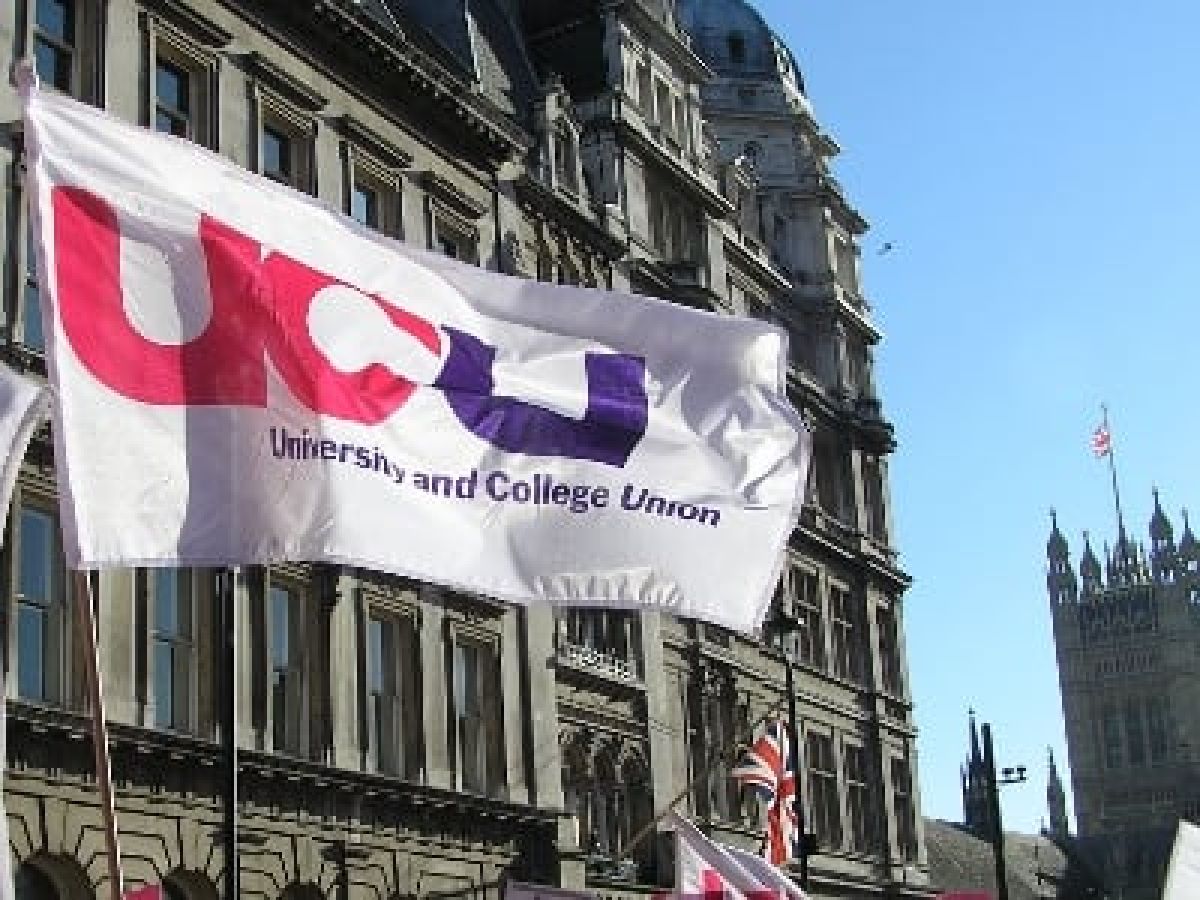
The battle over compensation for University strikes has taken a new turn as the first of legal proceedings against an institution have begun.
The University of Lancaster is facing the challenge from Cathy Olpin, a first-year student who is studying Natural Sciences at the University of Lancaster.
Law firm Leigh Day, who are handling the case, have indicated that they believe missed contact hours violate their client’s statutory rights, as part of the Consumer Rights Act.
Statutory Rights provide the ability for a refund for goods or services that are not delivered as expected or promised, and it is under this principle that Leigh Day hope to see Ms. Olphin reimbursed for missed contact hours.
Ms. Olphin said that she was “fighting to hold university the authorities to account for their breach of contract with thousands of students. Together we have lost thousands of hours of teaching time that we have paid for.”
One of the central controversies in the dispute has been clarity over exactly what service the payment of tuition fees constitutes.
There have been suggestions that tuition payments do not specify the need for timetabled contact hours, and at a meeting with senior staff last month, Manchester University students were reportedly told that they technically pay for a degree and not an education.
Ms. Olphin’s legal team have used her course guide to prove the necessity of contact hours as a means to an end of passing her degree – the LEC (Lancaster Environment Centre) Handbook states that: “Past experience shows that students that repeatedly miss lectures are likely to fail or gain very low marks.”
This appears to show that the completion of a degree is dependent upon the provision of contact hours, meaning that strikes have led to the violation of student’s statutory rights as consumers of their degrees.
Universities have been criticised for ‘shooting themselves in the foot’ by not attempting to organise replacement tuition hours through means such as widening the size of tutorial groups or extending lengths of lectures that took place post-strikes. Such measures could have been seen as replacement tuition and may have meant universities did not technically break the Consumer Rights Act.
Even though Ms. Olphin’s case may be legally viable, the issue remains over how compensation would be calculated. There is no set breakdown for yearly fees into weeks or even certain lectures.
Furthermore, in many cases, strikes did not last the whole semester and were often not continuous from start to end. Some students also had only certain modules affected.
Due to this complication, many universities have offered to prevent profiting from the disruption through investing in projects to benefit students.
There is still dissatisfaction at this resolution, with the University of Manchester’s offering of waiving the gown hire fee for third years at graduation ridiculed.
Universities up and down the country will surely be worried by this commencement of legal action, however, and will likely wait anxiously to see the compensation Lancaster shall be forced to provide if Miss Olphin is successful.
Her case could come to be the first of many in what could turn out to be one of the largest statutory rights payouts in UK History.







